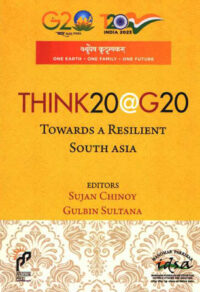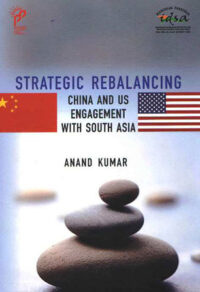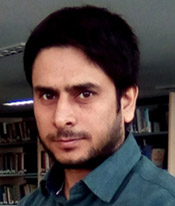Bhutan’s Foreign Policy Determinants: An Assessment
This article assesses the shifting preferences of Bhutan towards the foreign policy determinants. Three determinants (national security, political culture and economic engagement) have been studied as they play a significant role in shaping Bhutan's policy behaviour. These determinants have been analysed with respect to India, Nepal and China, three countries that have been of critical interest to Bhutan's foreign policy.
- Medha Bisht
- January 2012

















